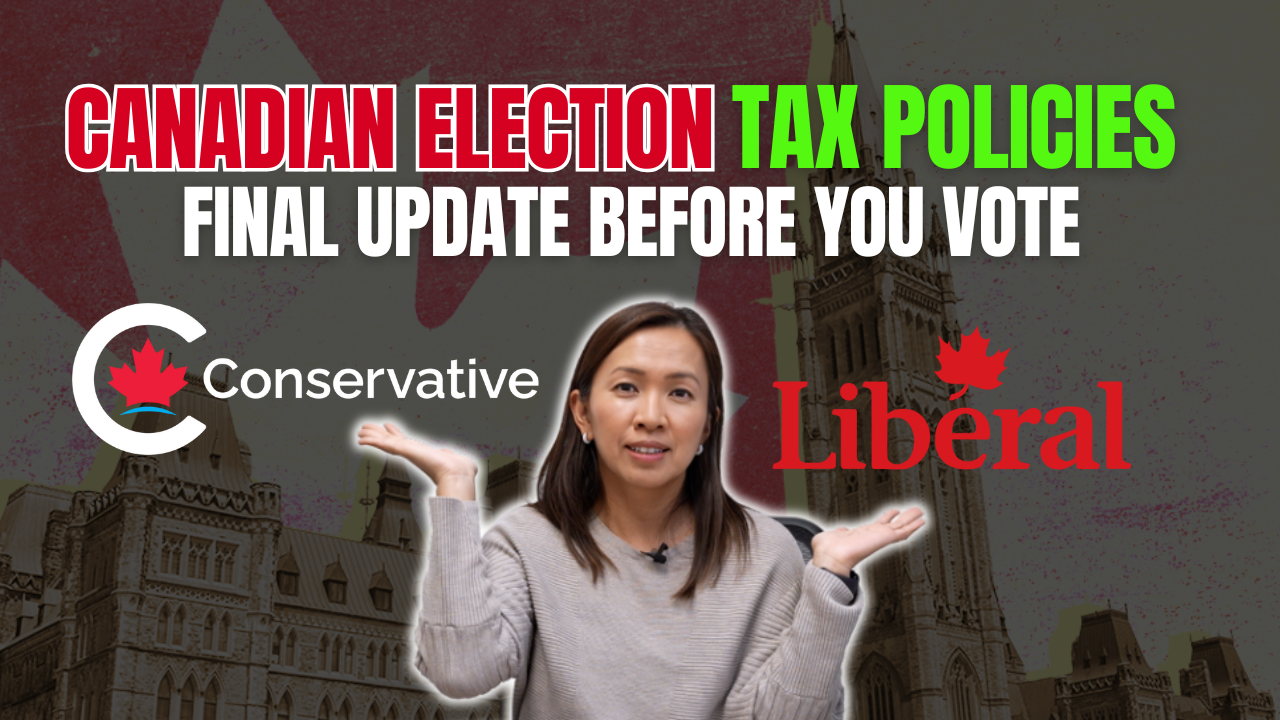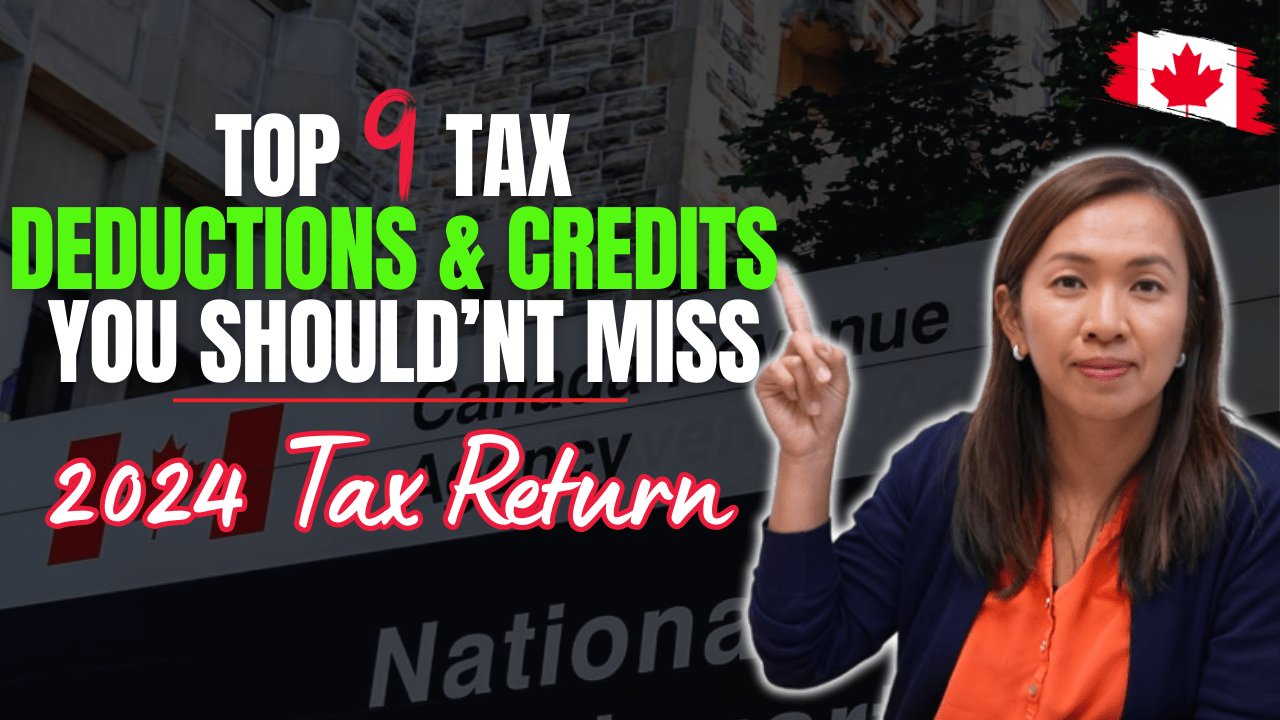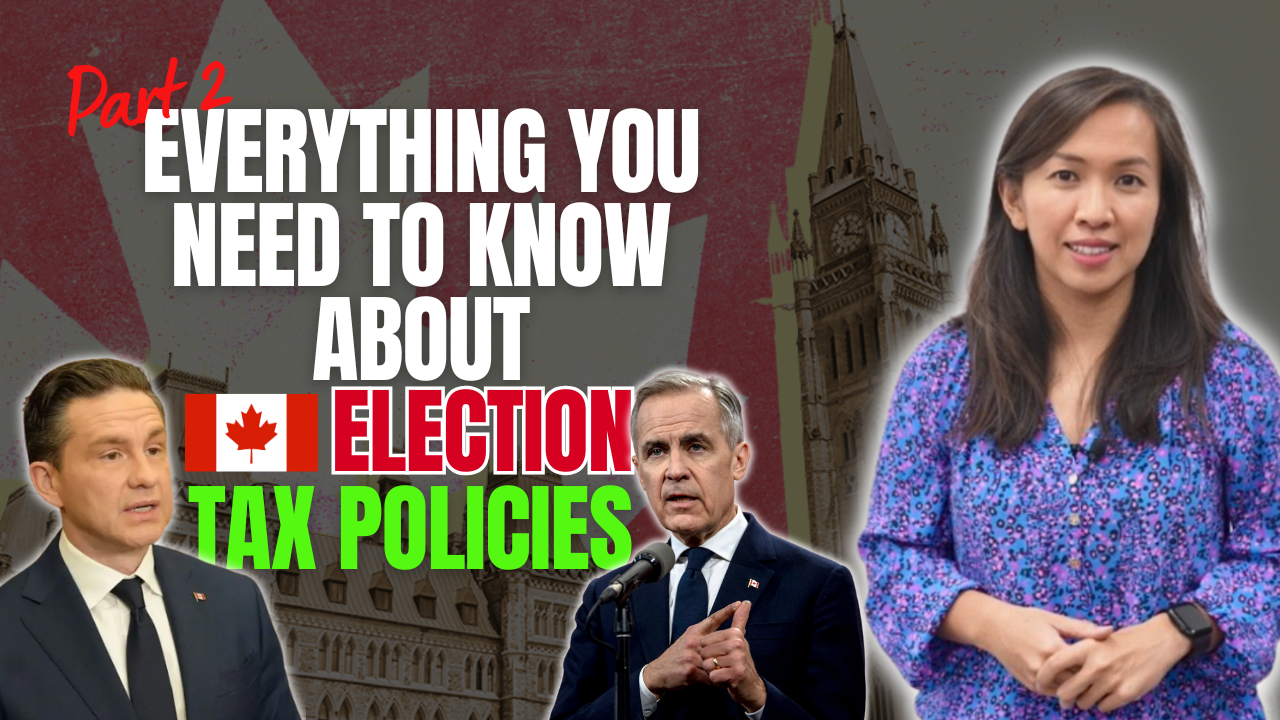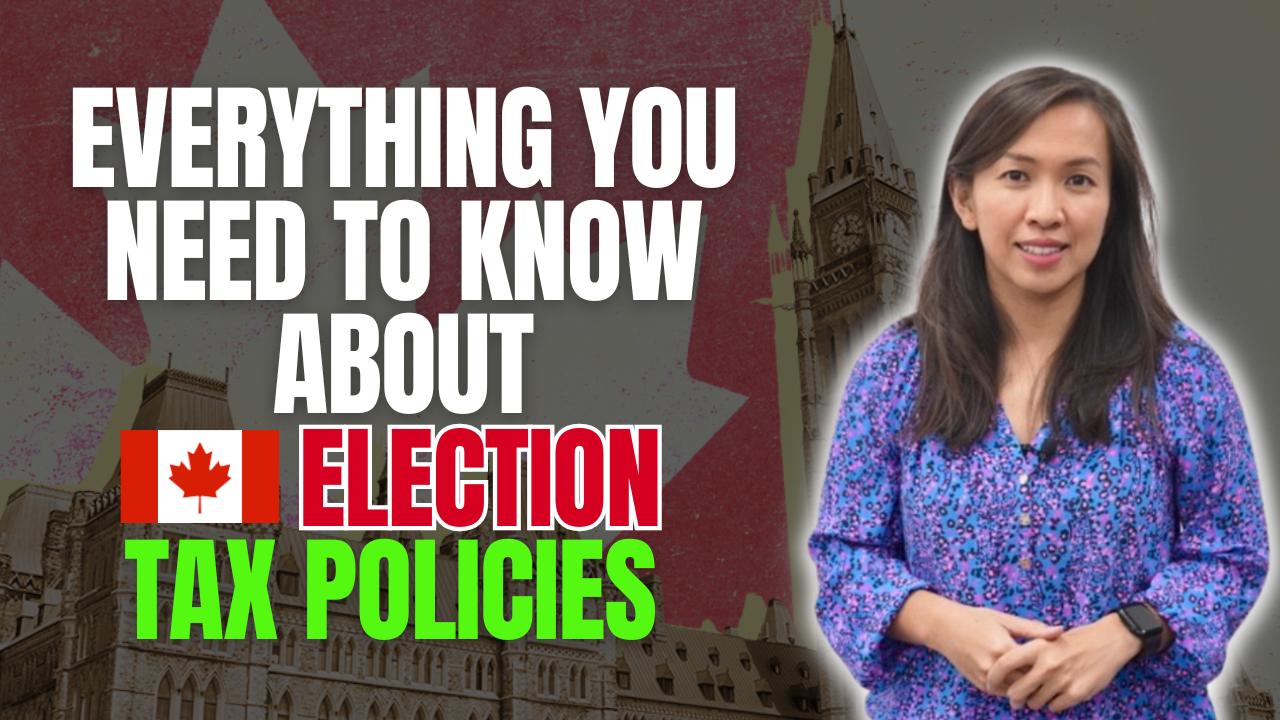As we count down to Election Day on April 28, this final post ties together all the key tax policy proposals we’ve seen from the Liberal and Conservative parties. If you haven’t already, catch up on:
🔹 Part 1 – Income, Housing & Retirement
🔹 Part 2 – Investment Incentives, MURBs & Economic Growth
Now, let’s dive into the final round of updates.
🔵 Conservative Party:
- Axe the Underused Housing Tax (UHT)
Personally: I’m super excited about this one. While it was intended to target vacant foreign-owned homes, the execution fell short. In practice, many Canadian landlords had to file unnecessary paperwork for no value-add. Removing it is a welcome cleanup. - Eliminate Principal Residence Sale Reporting
My take? I’m not sure this is a great idea. The current rule forces everyone to report principal residence sales — which helps deter abuse by investors claiming exemptions they aren’t entitled to. Eliminating the reporting might open the door to more misuse. - Refundable Caregiver Tax Credit
A practical policy to support Canadians providing unpaid care for family members. - Disability Tax Credit Simplification
Making the DTC easier to access is always a positive step. - Investment Tax Credit Reform
Promises to support clean Canadian manufacturing — but so far, the details are vague. - Cancel EV Rebates
The party plans to fully cancel federal EV rebates as part of a broader shift away from green subsidies.
💰 Estimated Deficit If Elected: $100 Billion over 4 years
🔴 Liberal Party:
- Health Care Workers Hero Tax Credit
Valued at $1.35B over 4 years. However, this replaces earlier spending — not new funding. - Expansion of Critical Minerals Tax Credits
Announced April 19. Still lacking implementation details. - Expanded Canadian Exploration Expense Deductions
Also introduced on April 19. Again, no specifics shared. - Reinstate and Expand EV Rebates
The Liberals plan to bring back the paused EV incentive program, with a broader scope and eligibility. - 5% One-Year Increase to the Guaranteed Income Supplement (GIS)
A temporary measure aimed at helping low-income seniors — modest but targeted support.
💰 Estimated Deficit If Elected: $250 Billion over 4 years
Updated Platform Comparison: Conservative vs. Liberal Tax Policies (2025 Election)
| Policy Area | Conservatives | Liberals |
| Personal Income Tax | Lower bottom rate to 12.75% | Lower bottom rate to 14% |
| Capital Gains | Deferral for reinvestment (Jul 1, 2025–Dec 31, 2026) | Cancelled inclusion hike; no replacement |
| Principal Residence Reporting | Eliminate reporting of sale | Maintain reporting requirement |
| Underused Housing Tax (UHT) | Abolish UHT | Maintain UHT |
| TFSA Expansion | Extra $5,000/year if invested in Canadian businesses | No change |
| Caregiver Tax Credit | Refundable caregiver credit | No new proposal |
| Disability Tax Credit | Streamlined access | No change |
| GST on New Homes | Eliminate up to $1.3M, all buyers eligible | Eliminate up to $1M, first-time buyers only |
| Senior Tax Relief | Raise tax-free income for seniors 65+ to $34,000 | Increase GIS by 5% for one year |
| Carbon Tax (Consumers & Industry) | Full repeal — remove entirely for consumers & industries | Temporarily reduced to $0, but system remains |
| RRSP to RRIF Age | Delay forced conversion to RRIF until age 73 | No change |
| Trades Worker Deductions | Full deduction for meals, lodging, and transport (no caps) | Expand Labour Mobility Deduction (shorter distance, consult on limits) |
| Alcohol Excise Duties | Repeal inflation-linked increases; revert to 2017 levels | No change |
| Corporate Jet Deduction Limits | Limit deductions to equivalent commercial flights | No change |
| Offshore Tax Loopholes | CRA task force, 20% reward for whistleblowers, name-and-shame site | No change |
| MURB Tax Incentives | No proposal | Reintroduce tax breaks for multi-unit rental housing |
| Clean Investment/Green Credits | Reform investment tax credits (few details yet) | Expand critical mineral & exploration deductions |
| EV Rebate (Electric Vehicles) | ❌ Cancel EV rebates | ✅ Propose to reinstate EV rebates with expanded eligibility |
🤔 From the Audience: Should I Delay My Real Estate Closing?
At a presentation I gave last week, one investor asked:
“If I’m closing on a property soon, should I delay until after July 1, since the Conservatives proposed a capital gains deferral?”
Here’s my answer:
- The Conservatives’ capital gains deferral only applies to transactions closing between July 1, 2025, and December 31, 2026.
- Even if they win, this proposal must still become law — nothing is finalized.
- So if you’re closing before July 1, chances are you won’t qualify under the current proposal.
⚠️ Important Note: This policy only matters if the Conservatives win the election. Until then, it’s just a proposal.
🗳️ Final Thoughts: Don’t Waste Your Vote
As someone who grew up in a part of the world where voting wasn’t even allowed, I can’t stress this enough:
Go vote.
✅ It doesn’t matter which party you choose — what matters is that you show up for the election.
🗣️ Your voice matters. Your vote counts. This is your opportunity to help shape Canada’s future.
Until next time, happy Canadian Real Estate Investing.
Cherry Chan, CPA, CA
Your Real Estate Accountant





